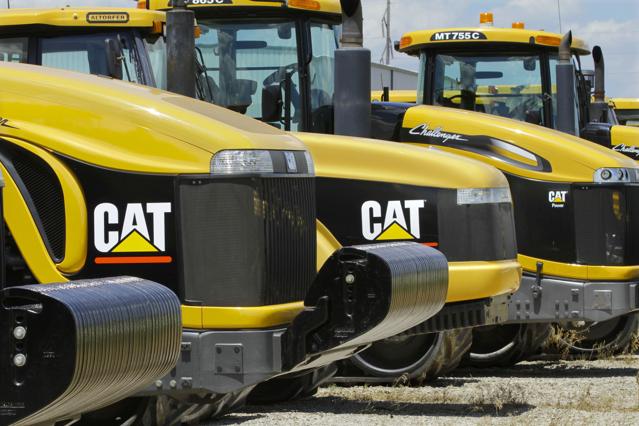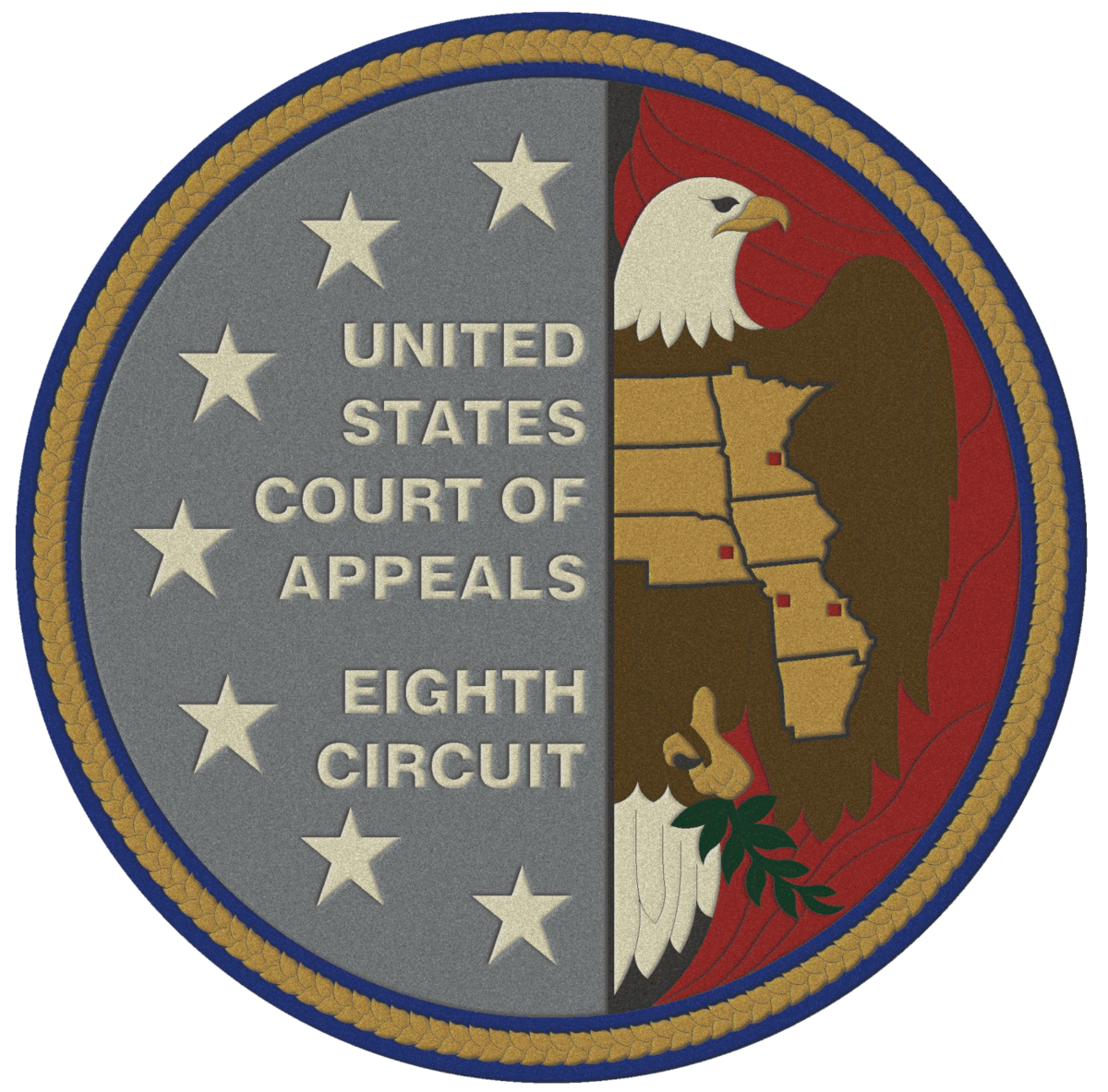This post was originally published on Forbes March 1th1, 2015
If it were not for all the blood
Fargo would be about my favorite movie. Part of the attraction is the detailed way it goes about portraying the relationships people have as they go about their work regardless of whether the work is selling cars, making duck portraits, investigating crimes or kidnapping. One of the most brilliant performances is that of
Larry Brandenburg who plays Stan Grossman, accountant to the hapless Jerry’s curmudgeonly father-in-law. Brandenburg captures perfectly the consigliere that accountants so often end up playing for their successful clients. Here it us up to Stan to explain the facts of business life to the inept son-in-law.
So when I get a case on one of my favorite Code sections and it is about a company in Fargo, how can I resist?
A Section Lots Of People Know About
As far as I know it is the only code section that is frequently used as a verb. A real estate guy might say “I’m going to 1031 that property”. The application of 1031 is much broader than real estate. It applies to assets used in a trade or business or held for the production of income making it relevant to companies renting heavy equipment.
Renting heavy equipment is North Central’s business. NC is related by common ownership and apparently somewhat integrated operationally with Butler Machinery Company which is a major
Caterpillar dealer. Butler is a closely held family business now with the third generation. Butler is
celebrating its 60th anniversary this year.
North Central was appealing a notice of final partnership administrative adjustments that denied 1031 treatment on 398 like kind exchanges that occurred from 2004 to 2007.
The Transactions
The IRS and North Central agreed that all 398 transactions could rise or fall based on two typical transactions. The Eighth Circuit cut that down to one. Here it is.
In the representative transaction, North Central agreed on or before June 30, 2004, to sell Truck 1 to a third party for $756,500. North Central’s adjusted tax basis in Truck 1 was $129,372.70 at the time. The third party paid Accruit the $756,500 in sales proceeds, and North Central transferred to the third party legal ownership of Truck 1.
On or about August 13, 2004, Butler Machinery identified and purchased the replacement Caterpillar equipment, Truck 2 and Skid Steers 1 and 2. Butler Machinery’s total acquisition price for this new property was $761,065.60. Butler Machinery then transferred legal ownership of the replacement property to North Central through Accruit on August 27, 2004.
On September 10, 2004, Accruit transferred the $756,500 in proceeds from the sale of Truck 1 to Butler Machinery. North Central and Butler Machinery then adjusted a note between the two companies to compensate Butler Machinery for the $4,565.60 difference between the $756,500 in sale proceeds and the $761,065.60 that Butler Machinery paid for the replacement equipment.
I’ve got a little bit of a problem there which I’m sure all the rest of you 1031 junkies must have notice it. In paragraph three it seems like it is North Central is the one that should be making the identification. Butler is the Caterpillar dealer from which North Central was buying the replacement property. As noted above the two companies are very similar in ownership and somewhat integrated in operations.

FILE – In this June 20, 2012 file photo, earth-moving tractors and equipment made by Peoria, Ill.-based Caterpillar Inc. are seen in Clinton, Ill. Caterpillar Inc. announced Friday, Feb. 20, 2015, that it is keeping its global headquarters in downtown Peoria and expanding its corporate campus in what it called a re-commitment to the central Illinois city. (AP Photo/Seth Perlman, File)
If we imagine a sort of tax geek Rip Van Winkle who went to sleep in 1980 and on first awakening picks up this decision, he would be curious as to what Accruit was needed for in this transaction. According to its website
Accruit is the leading “qualified intermediary” for personal property exchanges. that grew out of limitations put on like-kind exchanges in the eighties. He would immediately grasp that Accruit was playing the role of the middleman in a three corner exchange, but be puzzled by why it was needed since, clearly North Central and Butler did business with one another regularly. Which brings us to
Reilly’s laws.
Reilly’s Third Law Of Tax Planning
Reilly’s Third Law is “Any clever idea that pops into your head probably has a corresponding rule that makes it not work”. Here is a clever idea. You have low basis property that you want to sell and there is nothing that you want to buy. So why not buy some high basis property from a related entity?
1031(f) “Special rules for exchanges between related persons” is why not. OK. So let’s put one of the exchange facilitators between us and the related person. For that they have 1031(f)(4) which somewhat cryptically says
This section shall not apply to any exchange which is part of a transaction (or series of transactions) structured to avoid the purposes of this subsection.
“This section” is 1031 which allows exclusion of the gain. “This subsection” is 1031(f) which triggers the gain if a related party disposes of the relinquished property within two years. Of course, the argument is that Butler did not dispose of the relinquished property it was Accruit, the intermediary that did that. Butler just provided the equipment, at dealer cost.
Why Is Butler Involved?
Apparently the transaction could have been done without involving Butler, which would have avoided a 1031(f) issue. NC could have notified Accruit of what it wanted for replacement property and Accruit could have forwarded the order to Caterpillar and used the cash from the relinquished property to pay Caterpillar. There was a business reason to not do it that way, though. When Butler orders equipment from Caterpillar, it gets six months to pay with no interest charged. I’ve been giving myself a headache trying to decide how to lay out determining which is worth more – the 1031 deferral or the favorable financing from Caterpillar, which apparently was not available if Butler was not involved.
In the sample transaction, there is a gain of about $630,000 being deferred. That deferral will, in effect, be paid back over five years with lower depreciation deductions. The tax being deferred is at the individual partner level, so you don’t know what it is. So you would have to think about what the individual partners have going on in the current year and what is likely to be happening to the partners over the next five years.
It is a really interesting problem. Deferring the tax is like getting an interest free loan of as much as $200,000 come next April which will be repaid over 5 years more or less depending on circumstance in those years. Who knows? Maybe rates will be higher. The financing from Caterpillar is equivalent to an immediate interest free $750,000 loan for six months.
Of course, NC tried to get both. It is interesting to wonder what they would have chosen if they knew they could only get one. I’d probably take the $750,000 bird in the hand in which case the aggressive position they took ends up being nothing ventured nothing gained if you ignore the mountain of work that somebody is going to have amending returns.
Is The Decision Right?
Here is the rationale.
Butler Machinery attempts to downplay the benefit it derived from these de facto interest-free loans by asserting that North Central would have received the same financing terms if it had ordered directly from Caterpillar. The President and CEO of Accruit, however, testified at trial that Accruit would have paid the sales proceeds from the relinquished property directly to Caterpillar if the new equipment were not purchased via Butler Machinery. In other words, if Butler Machinery was not involved in these transactions, neither Butler Machinery nor North Central would have received the de facto interest-free loans.
In sum, Butler Machinery was not necessary to the transactions at issue yet possessed significant, unearmarked cash proceeds as a result of the transactions. Both the Eleventh Circuit and the Ninth Circuit have affirmed determinations that transactions were structured to avoid the purposes of § 1031(f) when unnecessary parties participated in the transactions and when a related party ended up receiving cash proceeds.
As I understood it the purpose of 1031(f) was to prevent a group of related taxpayers from using the basis in high basis property that they would continue to own to shelter the gain from the sale of low basis property. Inserting a qualified intermediary between the two of them should not change things. That was what
Ocmulgee Fields Inc was about. In this case the replacement property is ultimately being acquired from
Caterpillar. If the only players were NC, Accruit and
Caterpillar, there would not have been a problem. Pulling Butler into the mix did not add an additional tax advantage, it added a business advantage. That’s why I think this decision is wrong. Lot of good that is going to do the taxpayers.
The disallowed exchanges from 2004 to 2007 will affect depreciation deductions through 2013 which then have to be flowed through to individual returns.
Other Coverage
Ed Zollars took note of this case in a CPE presentation. That was fast work.
Todd Keator also noted it. Neither seems to have the same sympathy for the taxpayer that I have.
































































































